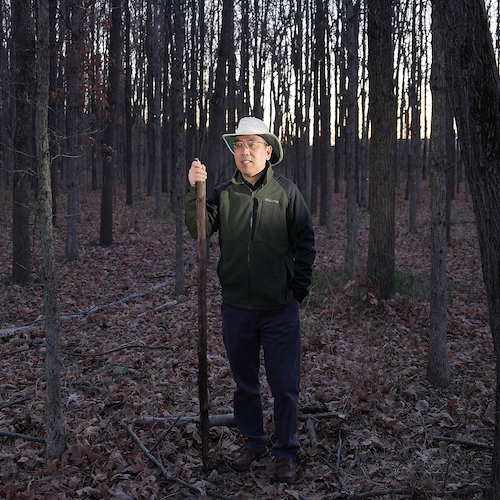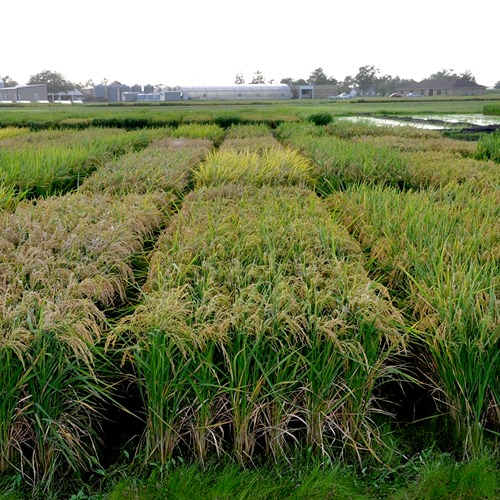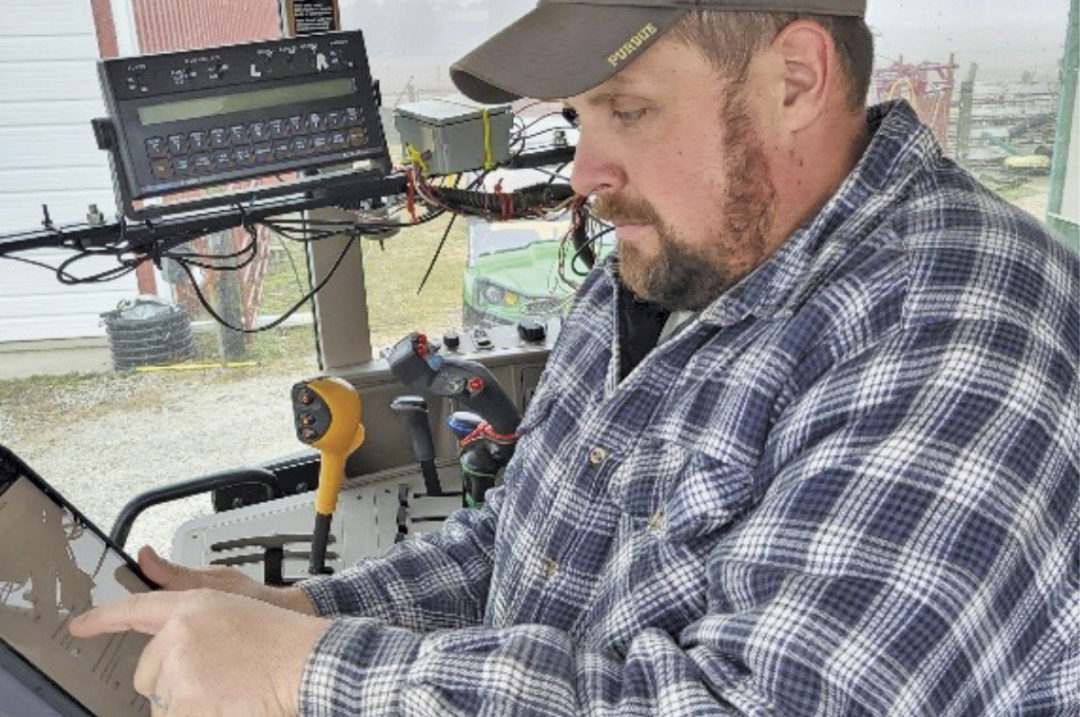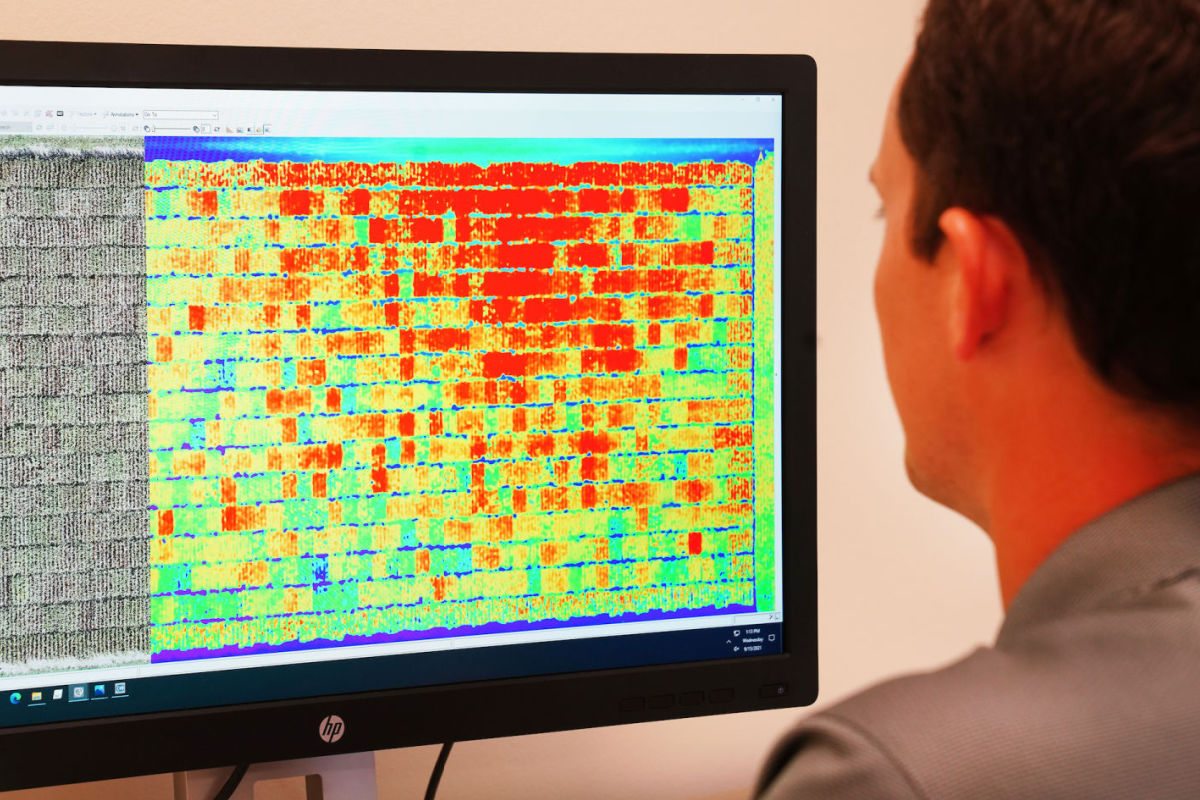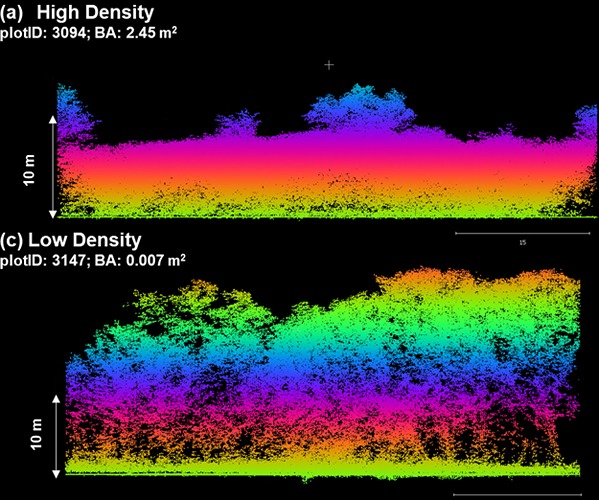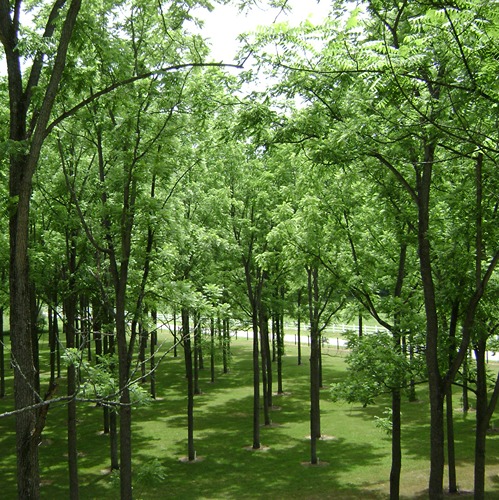
The Global City Teams Challenge (GCTC) program is a collaborative platform for the development of smart cities and communities, led by National Institute of Standards and Technology, a bureau of U.S. Department of Commerce, in partnership with other U.S. federal agencies including U.S. Department of Homeland Security Science and Technology Directorate (DHS S&T), National Science Foundation, International Trade Administration, and National Telecommunications and Information Administration. It enables local governments, nonprofit organizations, academic institutions, technologists, and corporations from all over the world to form project teams, or “action clusters,” and “SuperClusters,” to work on groundbreaking Internet of Things (IoT) and Cyber-Physical Systems (CPS) applications within the city and community environment.
The goals of the Agriculture/Rural SuperCluster are to develop projects, best practices and a blueprint to assist rural communities and agriculturists increase productivity and quality of life. The ARSC will focus on efforts aimed at ensuring viable rural communities for farmers and other residents by improving educational resources (including closing the homework gap), healthcare, ability aging in place, and economic development. Special attention to farming engage best practices for precision agriculture and livestock management, including better broadband-enabled access to markets and Federal and state agencies.
The Agriculture/Rural Supercluster Blueprint was released in the summer of 2019 and was authored as a collaborative work from individuals representing Purdue University, the City of Independence Oregon, the Department of Health of the State of New York, the NTCA-Rural Broadband Association, Joint Venture Silicon Valley, USDA, Midco, and the University of California.
One of the action clusters of the Agriculture/Rural Supercluster is the Wabash Heartland Innovation Network (WHIN) which also partners with Purdue University and the Ivy Tech Community College.
